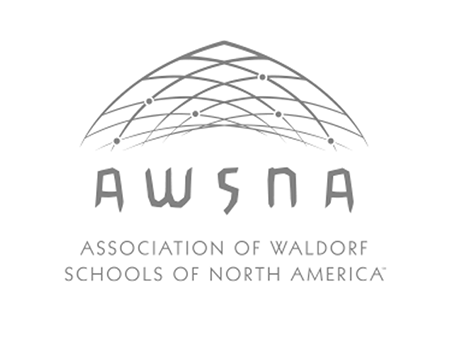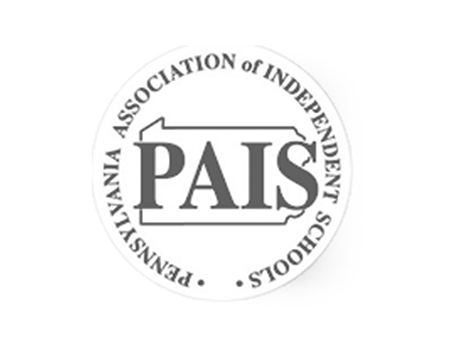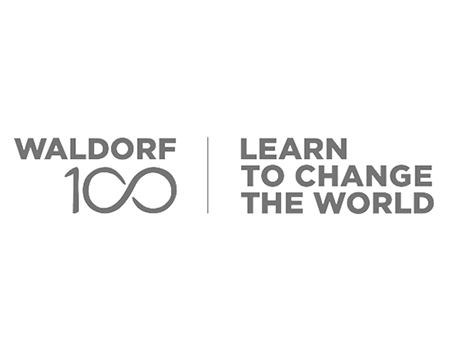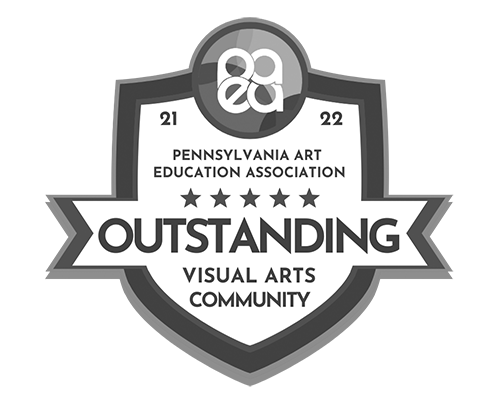Lorem ipsu dolor sit no nummy
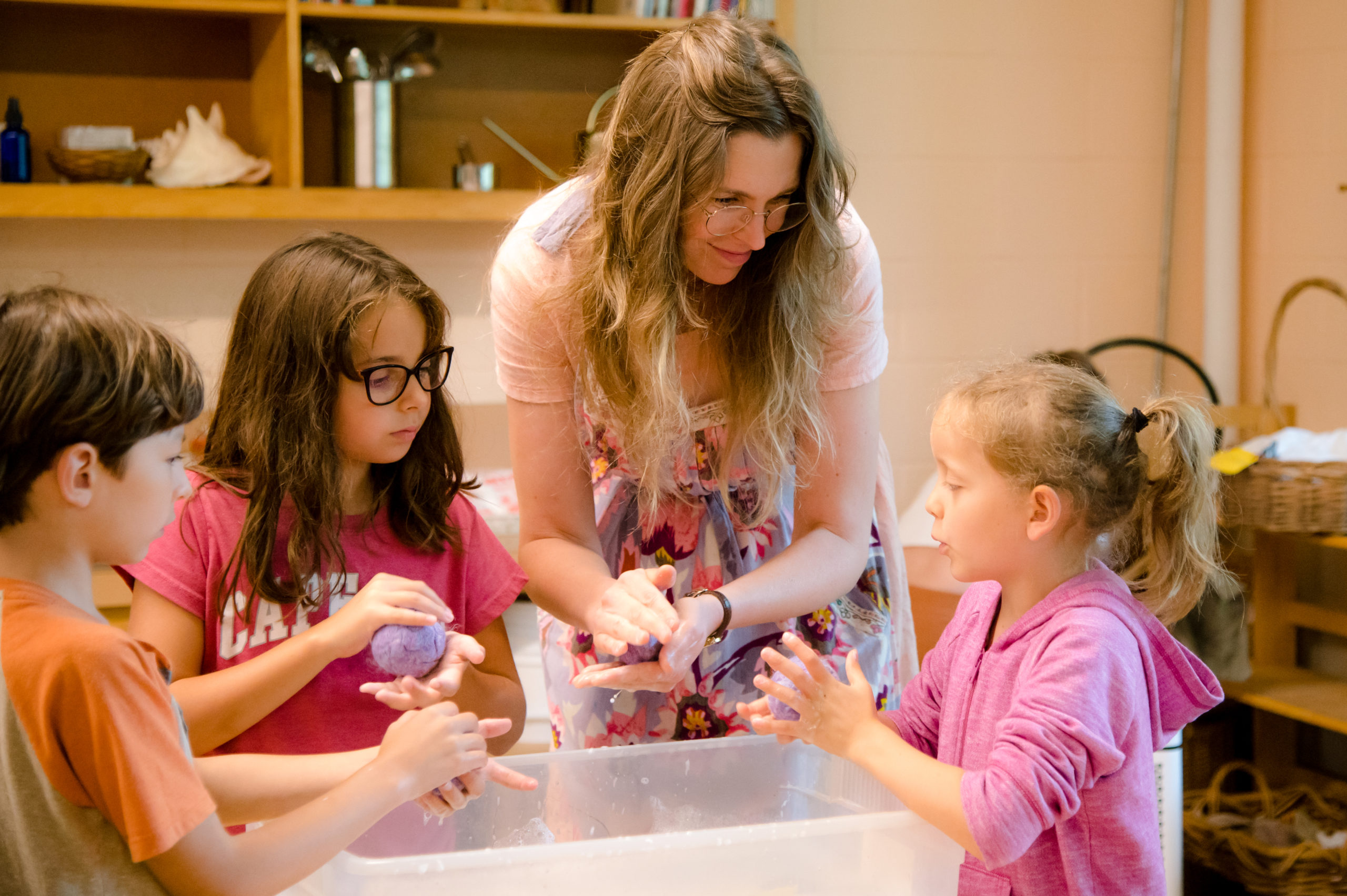
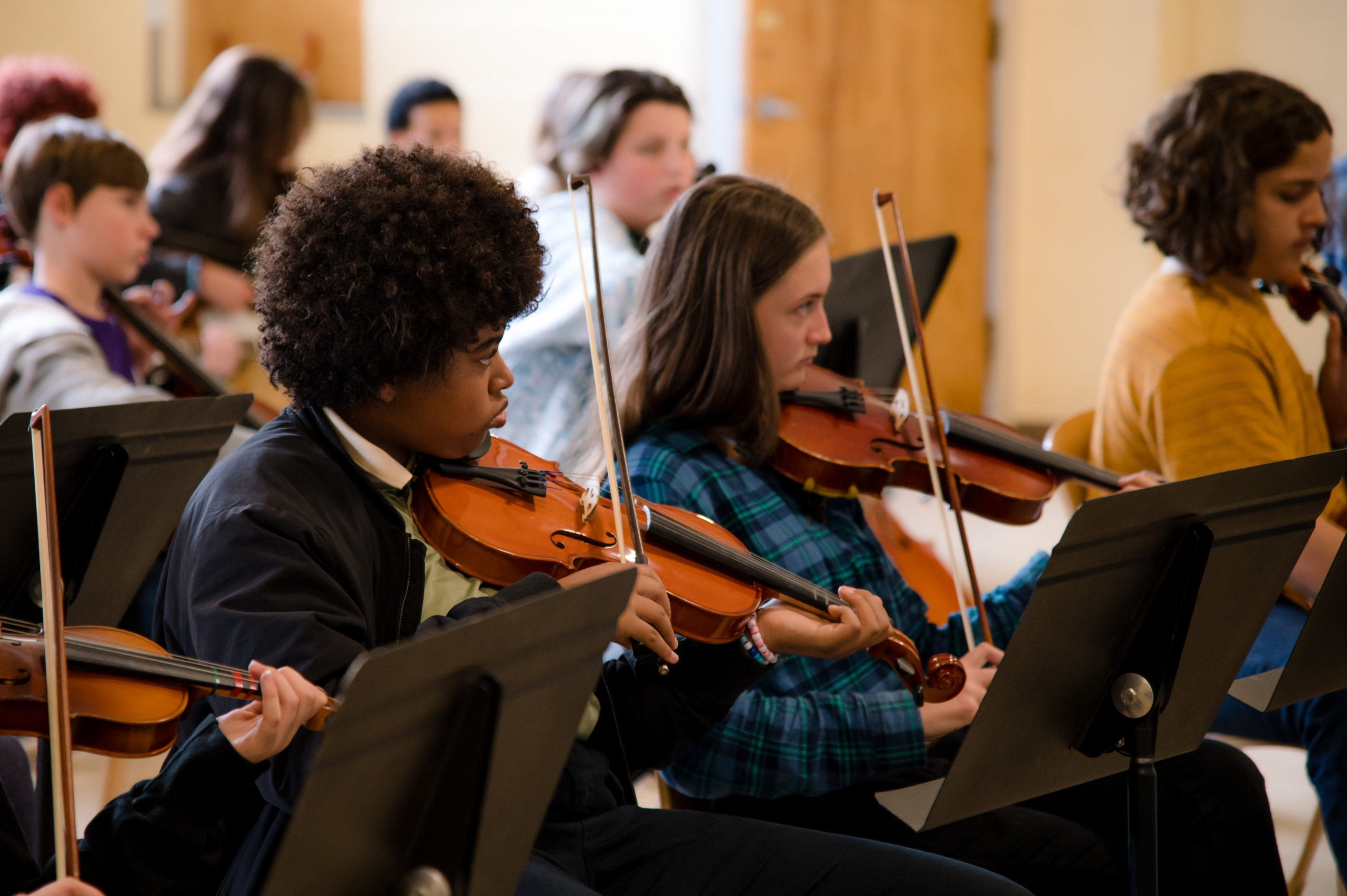
World Language
River Valley Waldorf students receive instruction in a world language beginning in first grade. Lessons during the first few years are oral and are playful in nature; incorporating games, rhymes
Handwork
Fiber arts and needlework enhance and support the artistic, practical and academic lessons at River Valley Waldorf School. Beginning in 1st grade, children learn to knit very simple objects. As students progress through the grades, the projects become more complex and will encompass knitting, crocheting, cross-stitching, embroidery, felting and sewing. Figuring out problems with hands and
Music
Singing is part of every school day at River Valley Waldorf School. 1st and 2nd grade, everyone sings together. In 3rd grade, call and response singing and rounds are introduced and the complexity and variety of music grows with the students. The songs that are sung reflect the seasons, the traditions held by class families and music related to the curriculum – for example, madrigals often accompany 7th grade Renaissance studies.
Instrumental music begins in 1st grade with simple wooden flutes. The students observe and follow the teacher’s lead, learning breath control, finger dexterity and confidence as they play simple tunes. In 2nd and 3rd grade, they move on to pentatonic flutes, soprano recorders and more complex songs. River Valley’s strings program begins in 4th grade, with violin. We have 5/6th grade and 7/8th grade orchestras.
Drama
A class play highlighting part of the curriculum is the norm every school year beginning in 1st grade. Often, the middle school classes together undertake a larger production, such as a musical or Shakespeare play.
Visual Arts
Drawing is part of the daily classroom experience. Watercolor painting happens every week, and as with music, begins with the most basic experience, allowing simple joy in working with color, gradually building in complexity and form as the students gain confidence and skill.
Fine Arts Techniques
Beginning in 5th grade, students are exposed to and instructed in more artistic media, such as graphite pencils, charcoal, pastels, and oil crayons. Shadowing, contrast, perspective drawing and portraiture round out the student’s experience through 8th grade.
Sculptural Arts
Beginning in 5th or 6th grade, students work with wood and clay, progressing to soapstone carving in 8th grade. Sculptural Arts develops three dimensional thinking in a new way – carving a shape from a block of wood or stone, or molding it out of a block of clay – requires new techniques and patience of a different sort than that experienced previously for handwork.
Physical Education
At River Valley, physical education begins with cooperative and non-competitive games. As the students get older, more traditional team sports are included in weekly instructional time (soccer, field hockey, volleyball, basketball). During 5th grade, students train for a regional Greek Olympiad and practice a variety of track and field events.
Gardening
Beginning at the end of 2nd grade, students engage in seasonal activities in our biodynamic garden. They participate in garden bed preparation, seed sowing, cultivation, composting and harvesting. Our 3rd graders spend a whole week as visiting students, participating in farm life at Hawthorne Valley Farm.
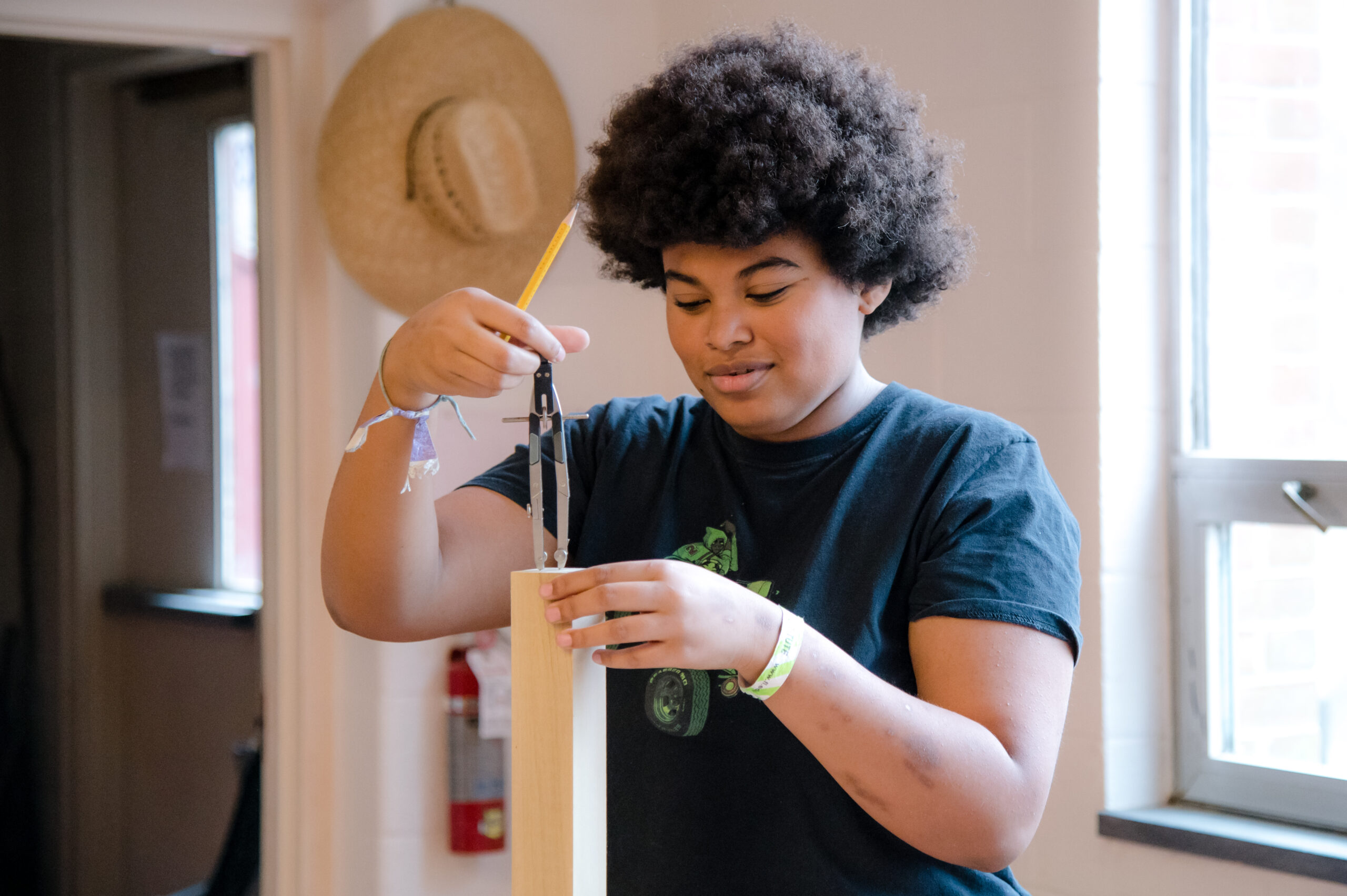


© River Valley Waldorf School Privacy Policy
